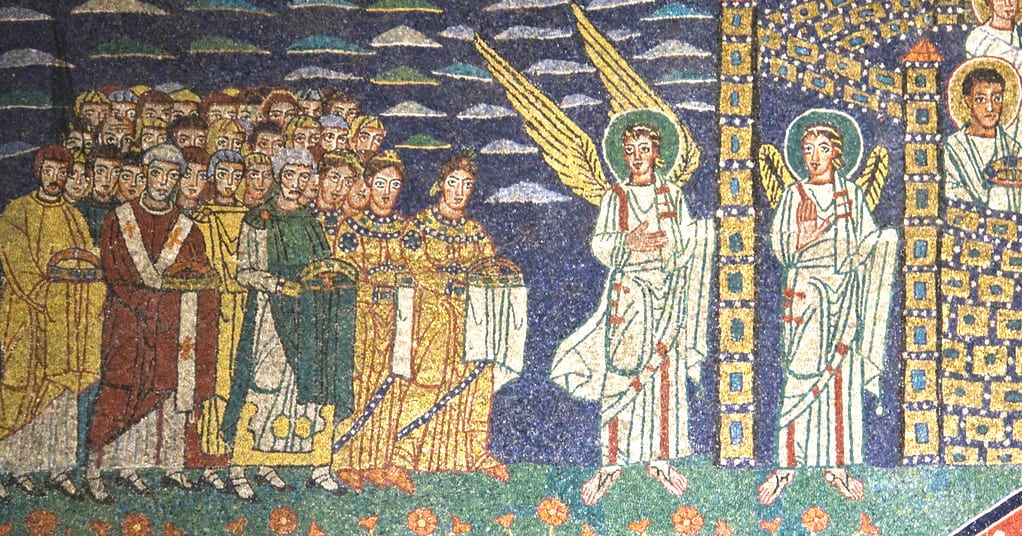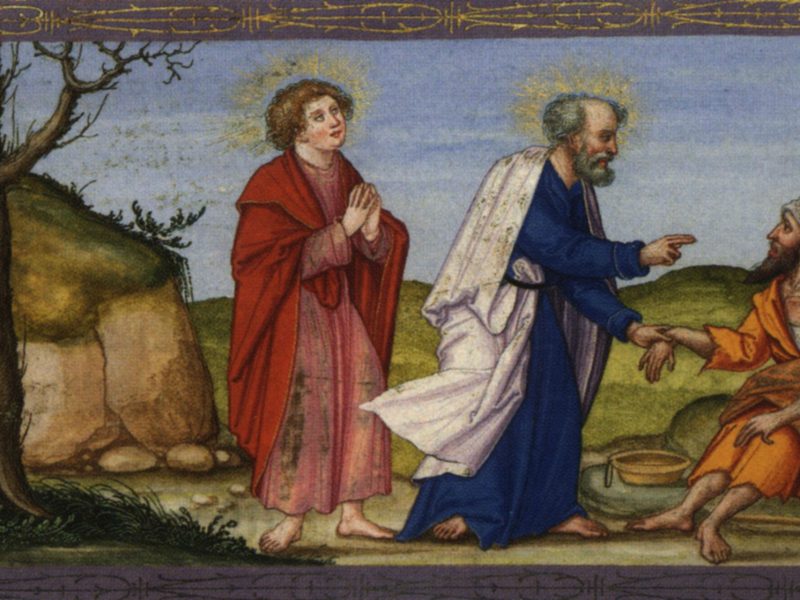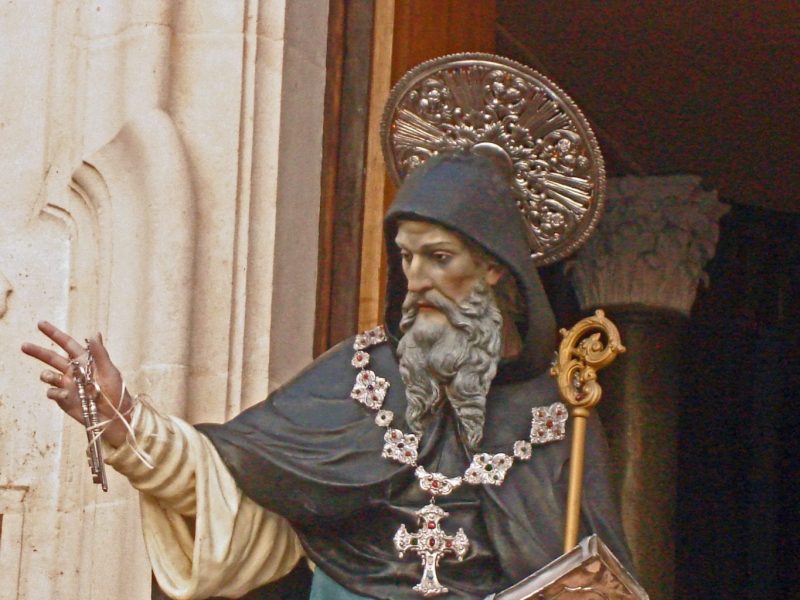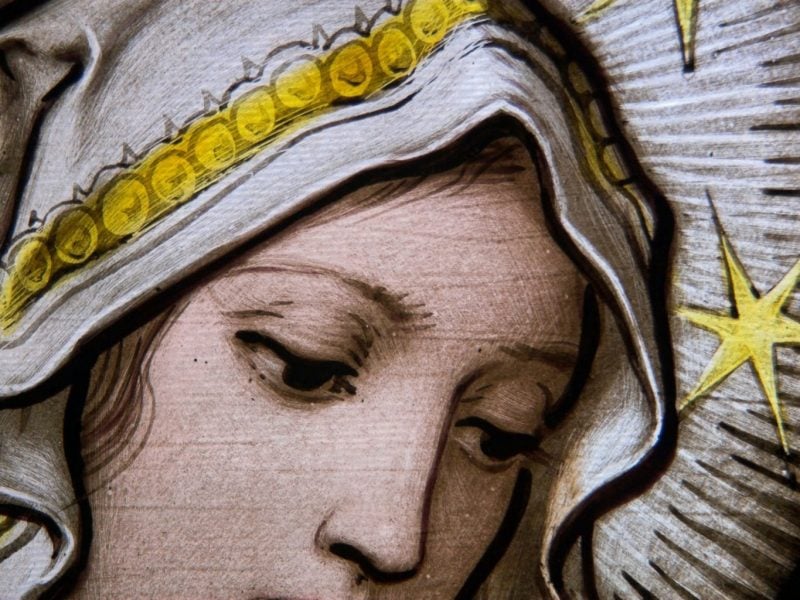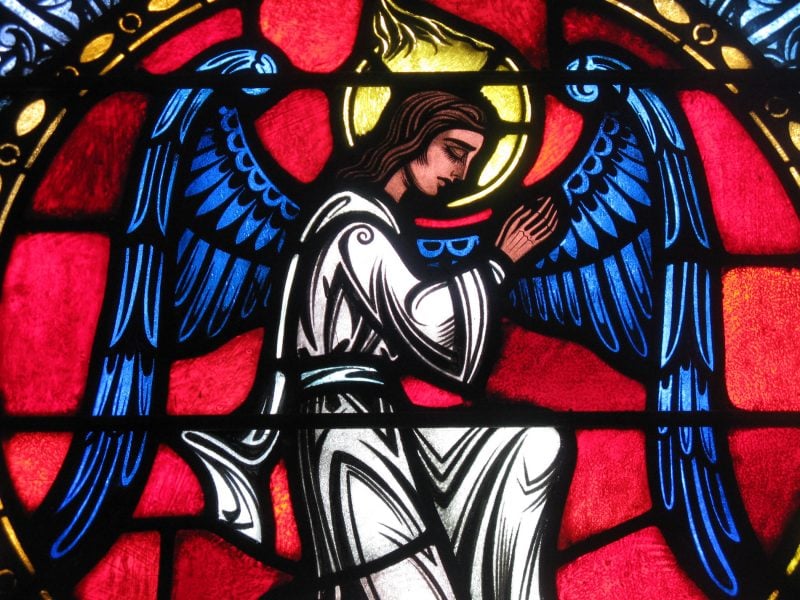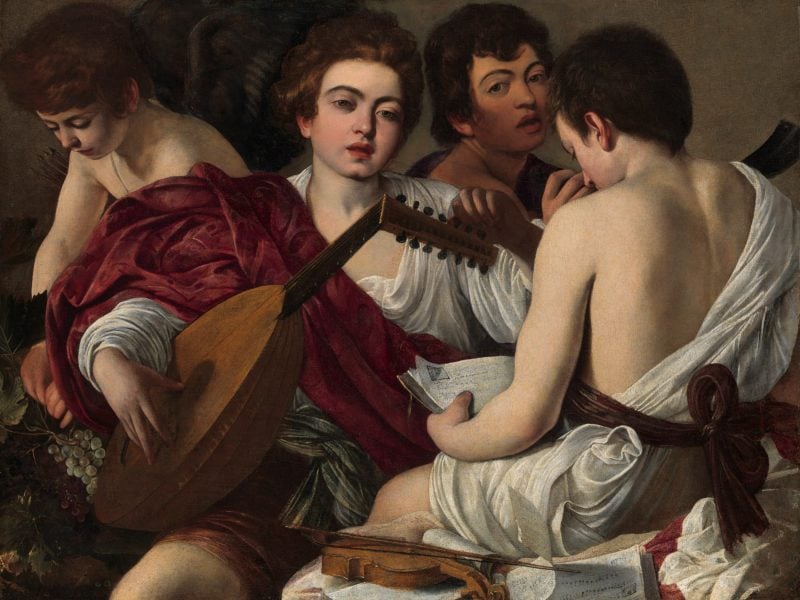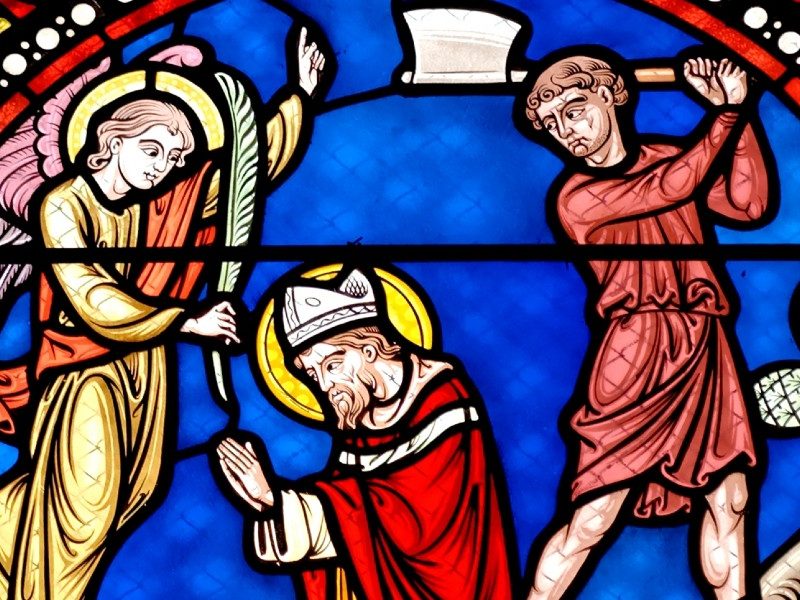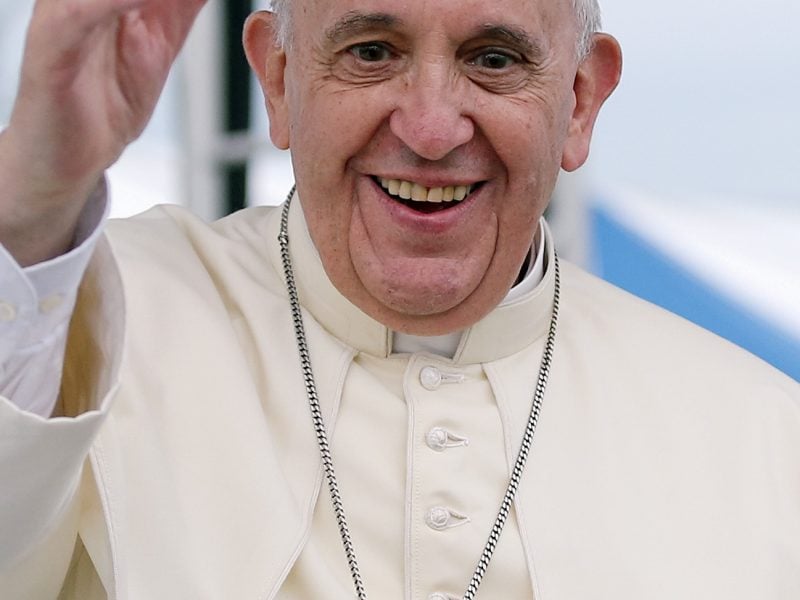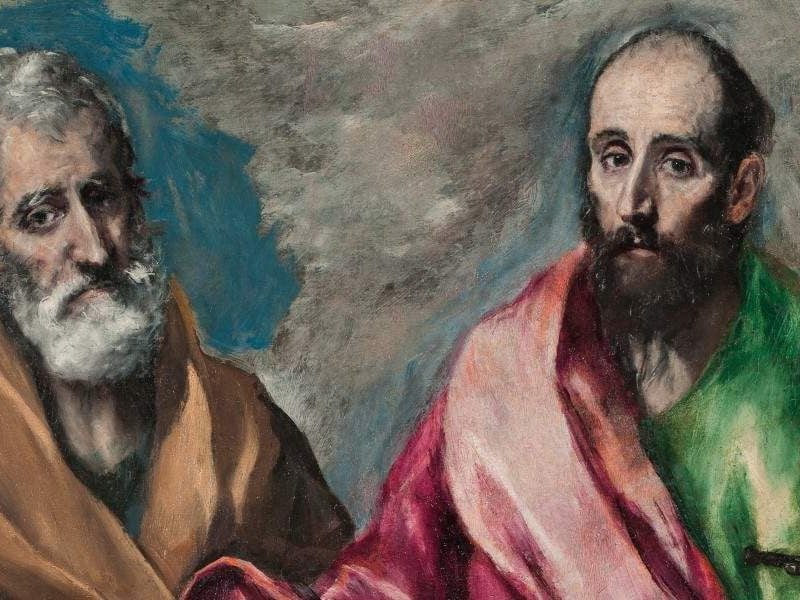Blessed are the Mourning & the Meek – Leo the Great
Leo on the second & third of the Beatitudes, calling blessed the meek and those who mourn. The mourning Christ references here has little to do with worldly sorrow, and the reward promised to the lowly & gentle goes well beyond the things of...



